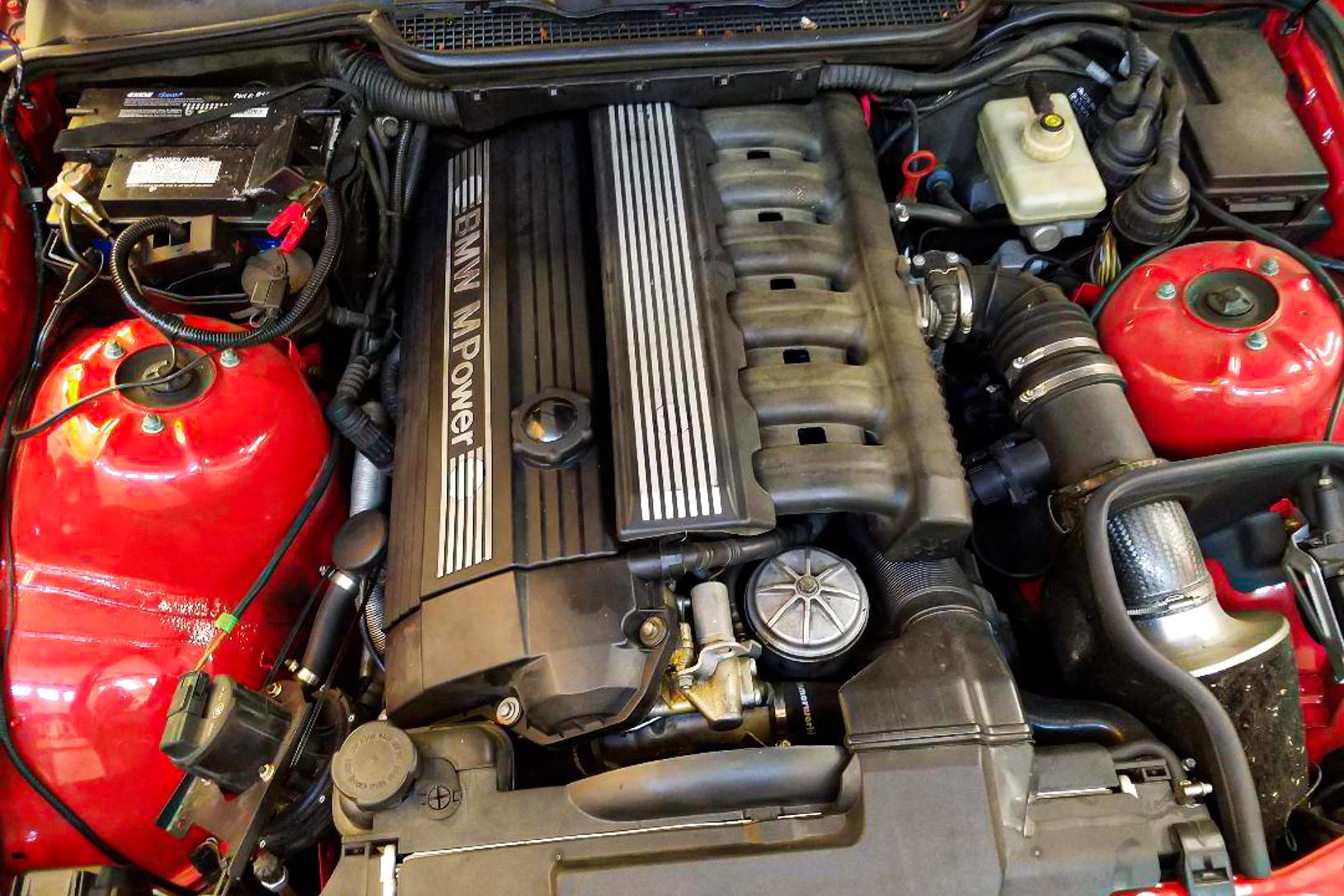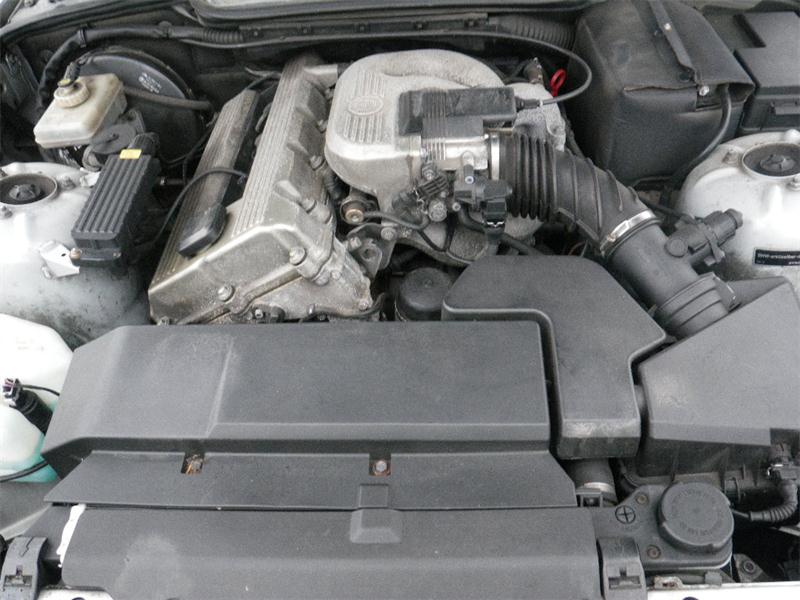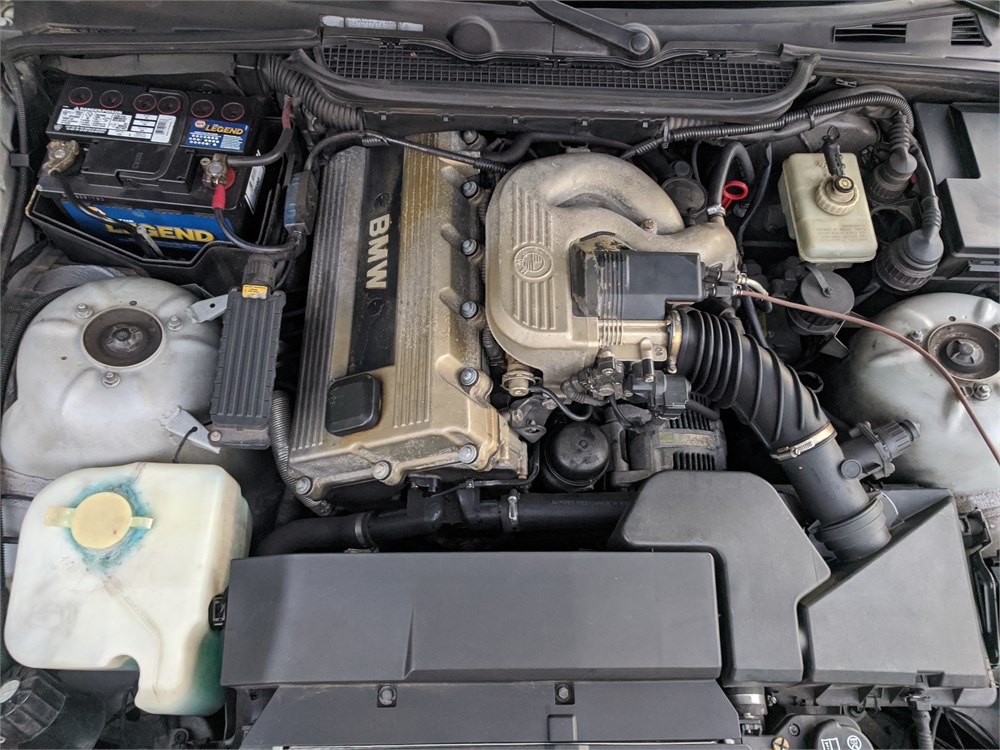The BMW 318ti: A Blend of Style, Convenience, and Performance
The BMW 318ti: A Blend of Style, Convenience, and Performance
Blog Article
Essential Considerations for Choosing the most effective Engine for Your Requirements
In the world of selecting the excellent engine to meet your requirements, several vital factors demand thorough factor to consider to make certain ideal performance and performance. From the nuanced balance in between power and efficiency to the often-overlooked elements of upkeep and solution demands, each element plays a critical duty in determining the most appropriate engine for your details needs.
Power and Performance
When examining engines for optimum performance, it is important to prioritize both power result and performance. Power outcome measures the ability of an engine to produce power, which directly affects its efficiency. A high power outcome is necessary for demanding jobs such as sturdy applications or high-speed demands. It makes sure that the engine can take care of the workload properly and successfully. Power alone is not enough; performance plays a substantial role in identifying the general performance of an engine. Efficiency describes how well the engine converts gas into functional energy. A more reliable engine will provide much better gas mileage, lower discharges, and lowered operating prices. Striking the right equilibrium between power output and efficiency is vital to choosing an engine that meets your details requirements. When making this choice, it is essential to take into consideration aspects such as the planned use of the engine, ecological impact, and lasting price ramifications. By thoroughly examining both power and efficiency, you can select an engine that supplies ideal performance and fulfills your needs properly.
Fuel Performance and Economy
Fuel effectiveness refers to the engine's ability to convert fuel into power with very little waste, directly affecting operating costs and environmental sustainability. Engines with greater fuel efficiency not just minimize fuel expenditures however additionally decrease carbon emissions, contributing to a greener operation.

Compatibility and Application
Considering the gas efficiency and economic climate of an engine, the following essential aspect to address is its compatibility and application within particular operational contexts. Compatibility describes exactly how well the engine incorporates with the general system or tools it powers. It entails variables such as physical measurements, placing choices, electrical interfaces, and control systems. Making sure compatibility is necessary to avoid issues such as getting too hot, look at this website vibrations, or power inequalities (bmw 318ti).
Different engines are developed for particular functions, whether it be commercial machinery, marine vessels, cars, or power generators. Recognizing the intended application permits for the selection of an engine that can supply the required power outcome, torque, and operational qualities.
Maintenance and Service Requirements
Upkeep and solution demands play an important duty in guaranteeing the long life and optimum performance of an engine. Routine upkeep is vital to stop malfunctions, extend the lifespan of the engine, and maintain its performance. When picking an engine, it is necessary to consider the producer's advised maintenance schedule and the schedule of solution facilities or certified professionals.
Factors such as the regularity of oil modifications, filter substitutes, and general assessments can substantially impact the engine's efficiency. Some engines may need more frequent maintenance based on their layout and usage, while others might have longer intervals in between upkeep checks. It is vital to follow these solution needs to avoid pricey fixings and unforeseen downtime.

Expense and Spending Plan Considerations
When selecting an engine for a specific application,Spending plan restrictions usually play a significant function in the decision-making process. When thinking about the expense and spending plan effects of picking an engine, it is necessary to assess not only the preliminary purchase rate but likewise the long-term expenses related to maintenance, fuel usage, and potential upgrades or fixings. It is critical to strike a balance between the ahead of time cost of the engine and its total lifecycle expenses to make sure that the picked engine remains financially lasting throughout its functional life-span.
Aspects such as gas integrity, sturdiness, and effectiveness can straight impact the total cost click here for more of ownership of an engine. While a more pricey engine may have higher ahead of time expenses, it might possibly result in lower maintenance and gas expenditures over time, therefore providing far better value in the long run.
Conclusion

Gas effectiveness refers to the engine's capacity to convert gas into energy with very little waste, straight impacting operating prices and ecological sustainability.Variables affecting gas effectiveness include engine layout, combustion efficiency, and overall performance optimization. Furthermore, selecting the appropriate fuel kind and quality as advised by the engine supplier can further enhance effectiveness and prolong engine life expectancy.
Engines with excellent serviceability my link attributes and conveniently offered parts can minimize upkeep prices and reduce the time the engine is out of procedure - bmw 318ti. It is crucial to strike an equilibrium between the upfront price of the engine and its overall lifecycle prices to make sure that the picked engine continues to be monetarily sustainable throughout its operational life expectancy
Report this page